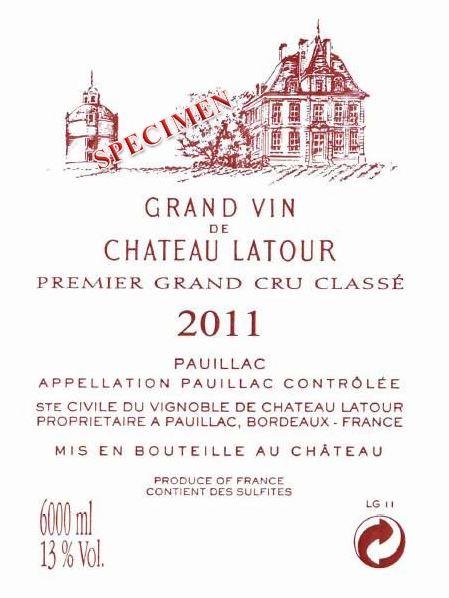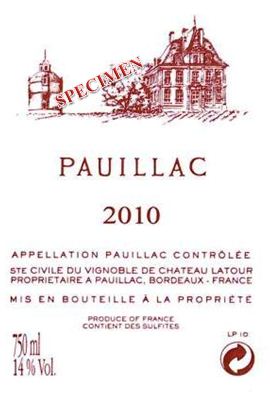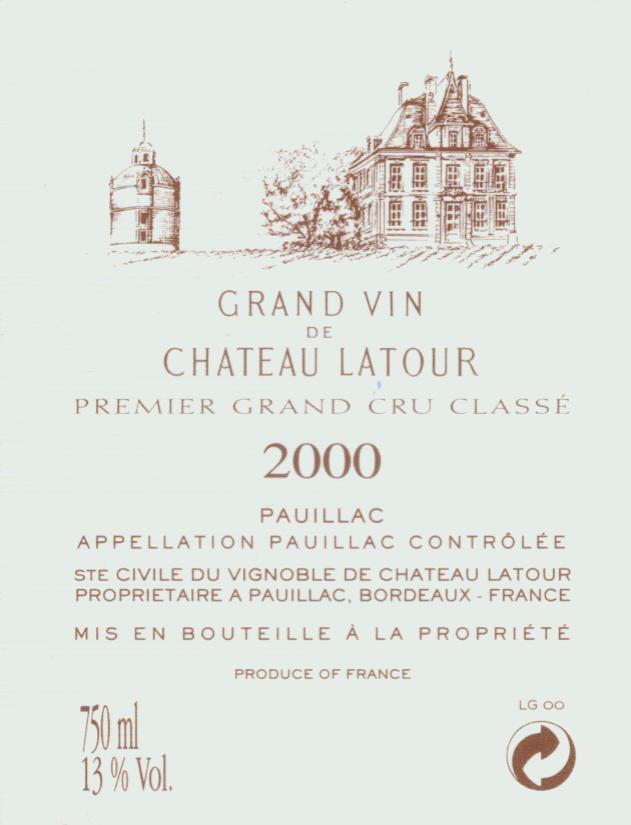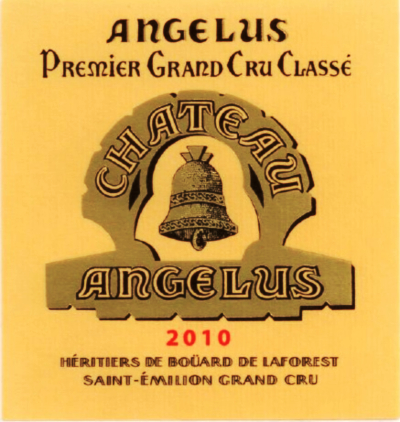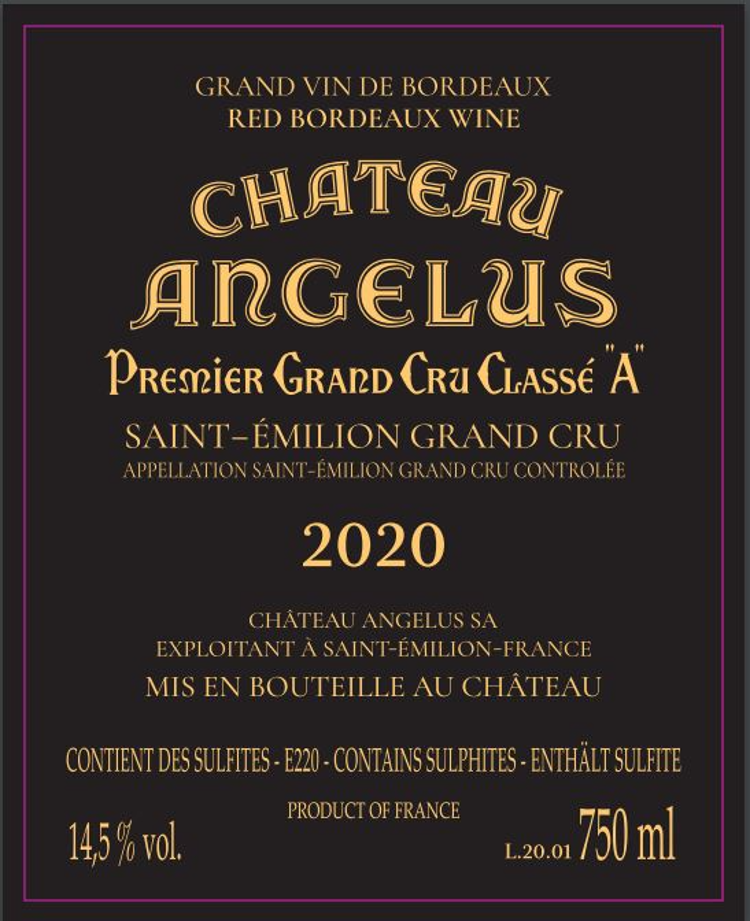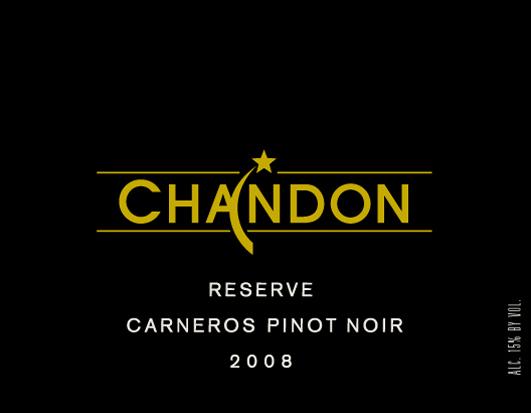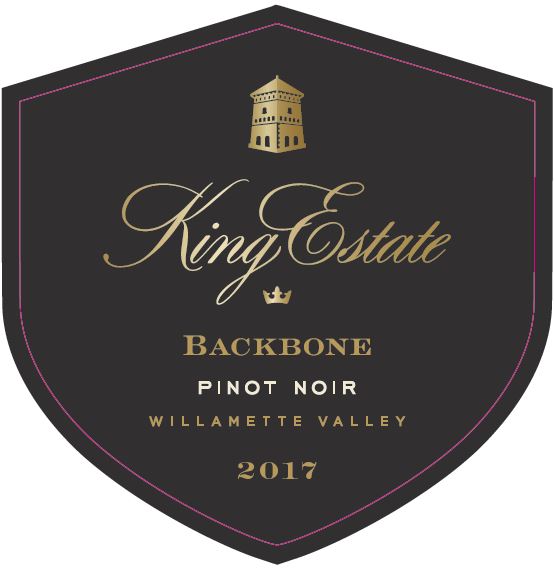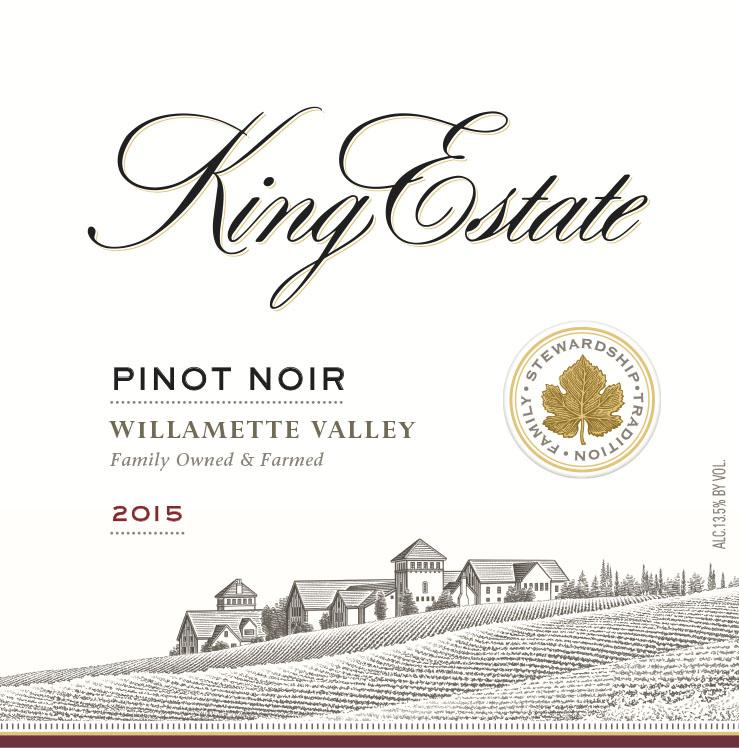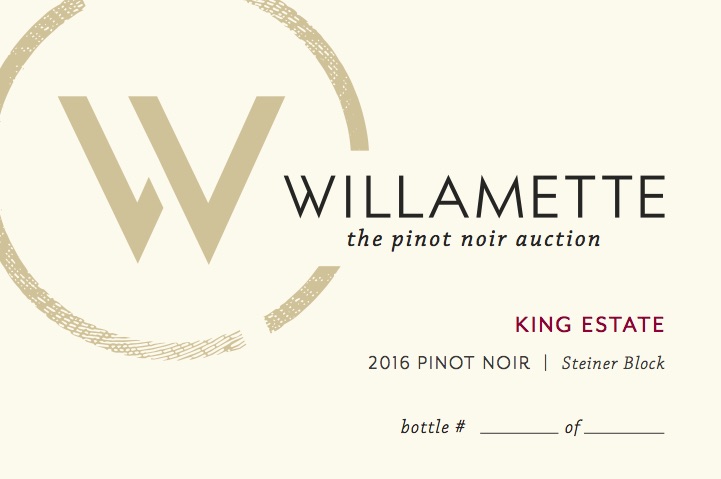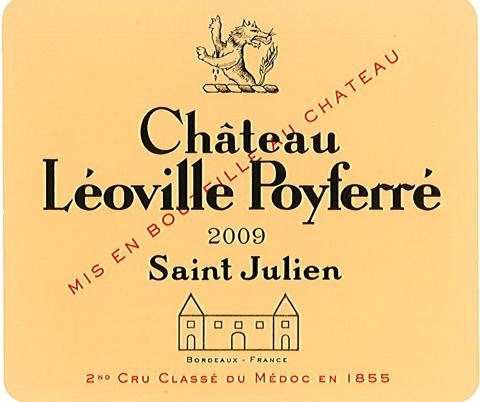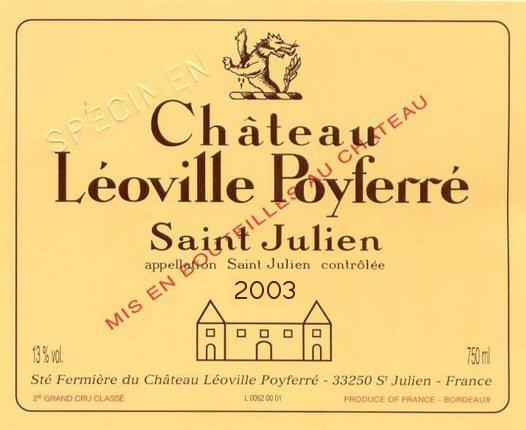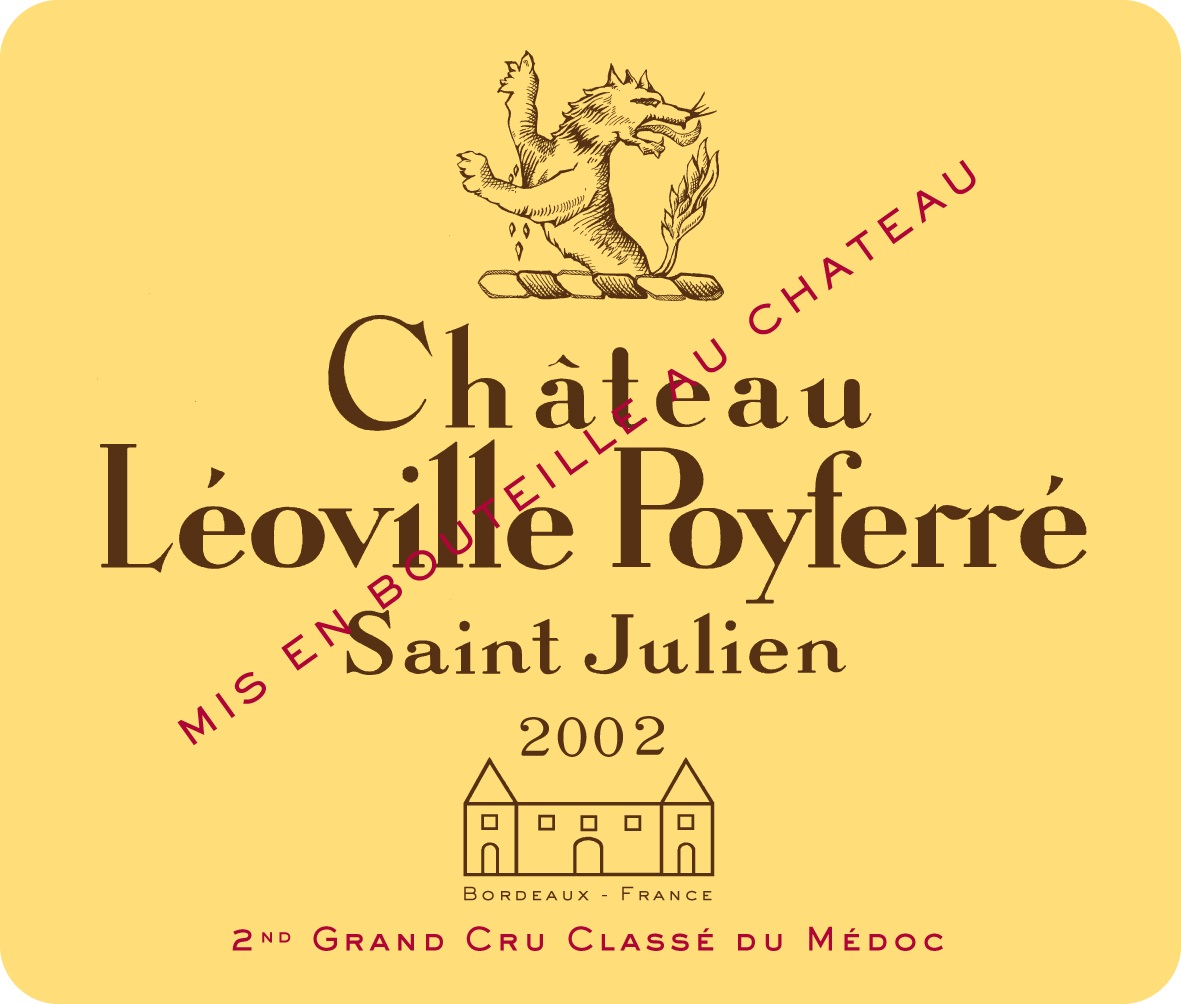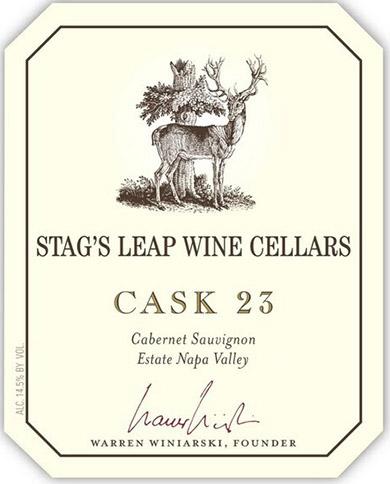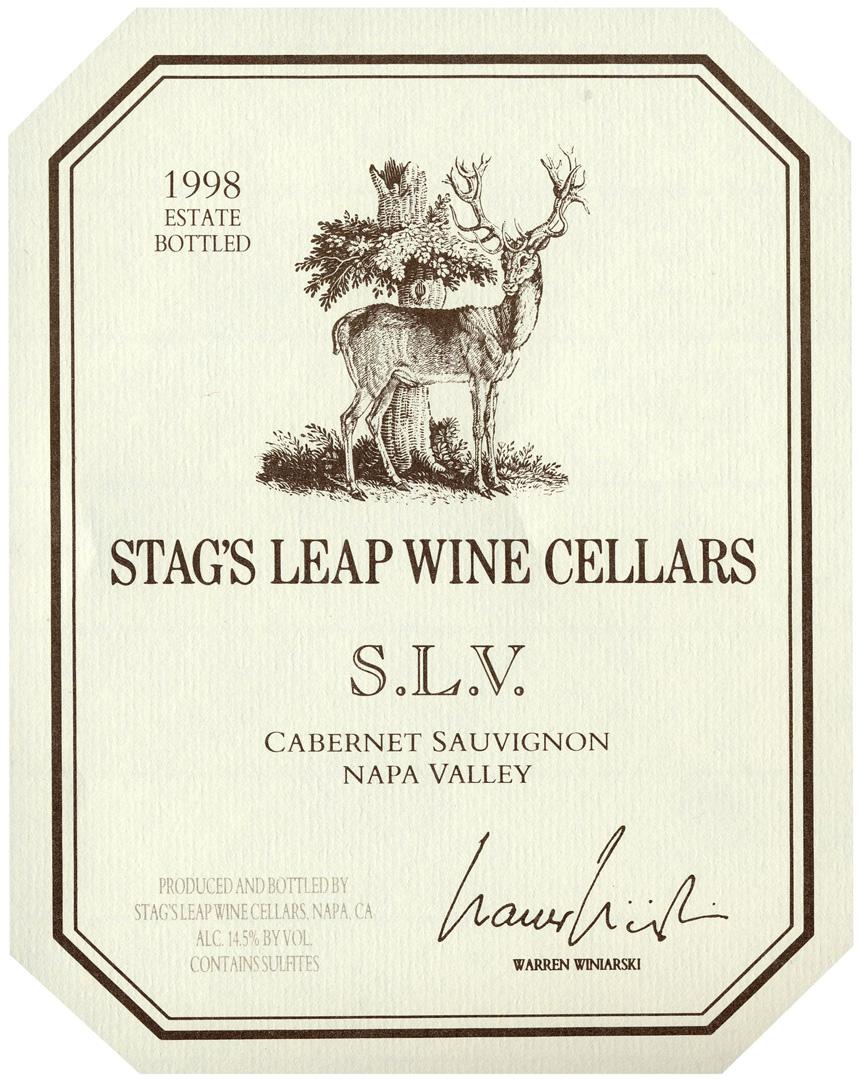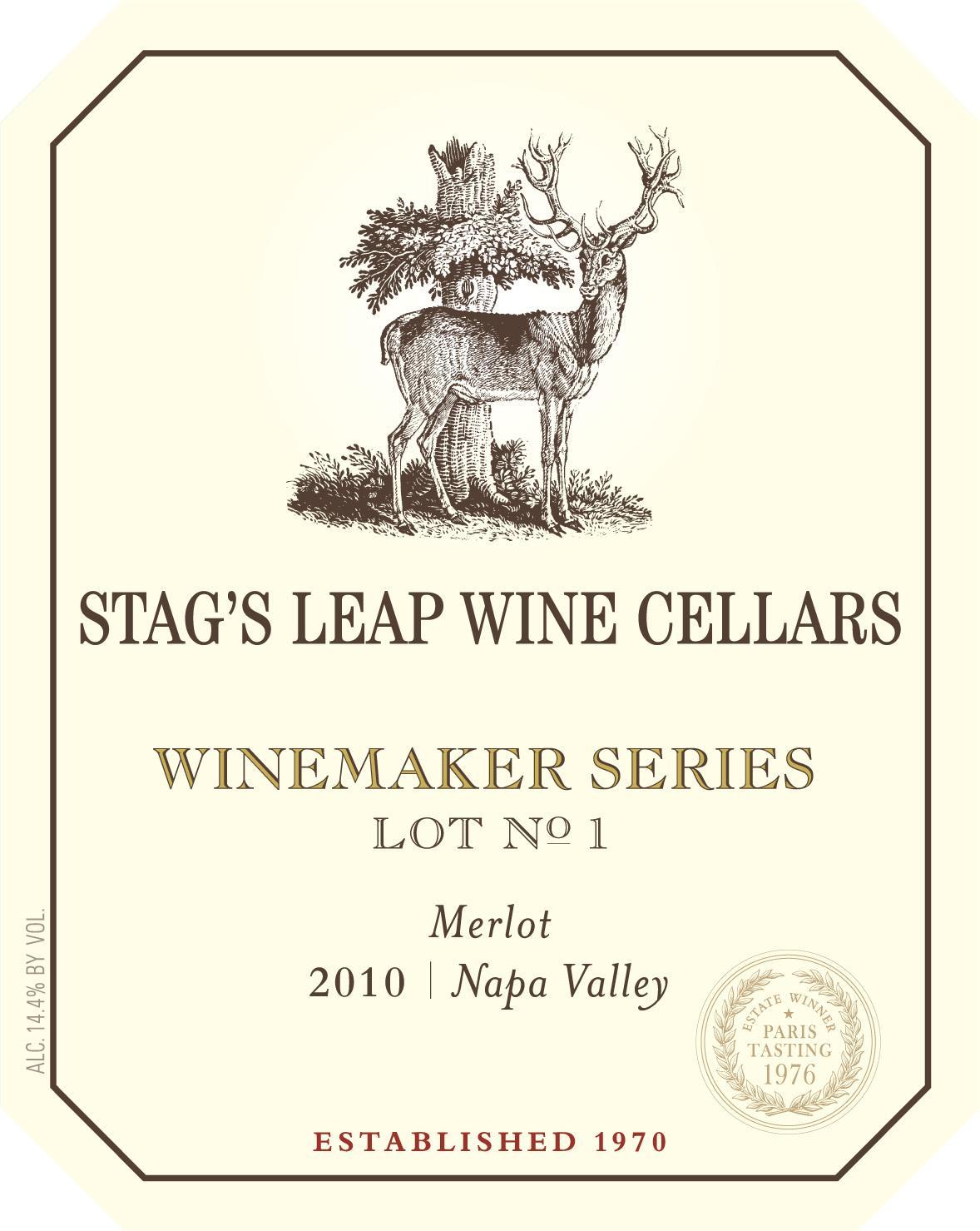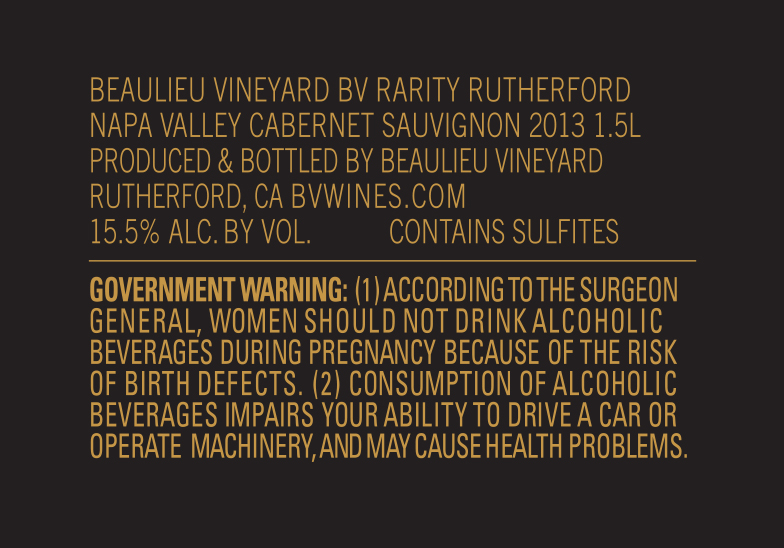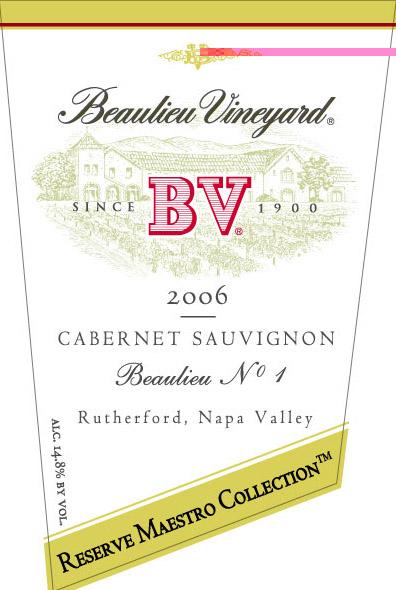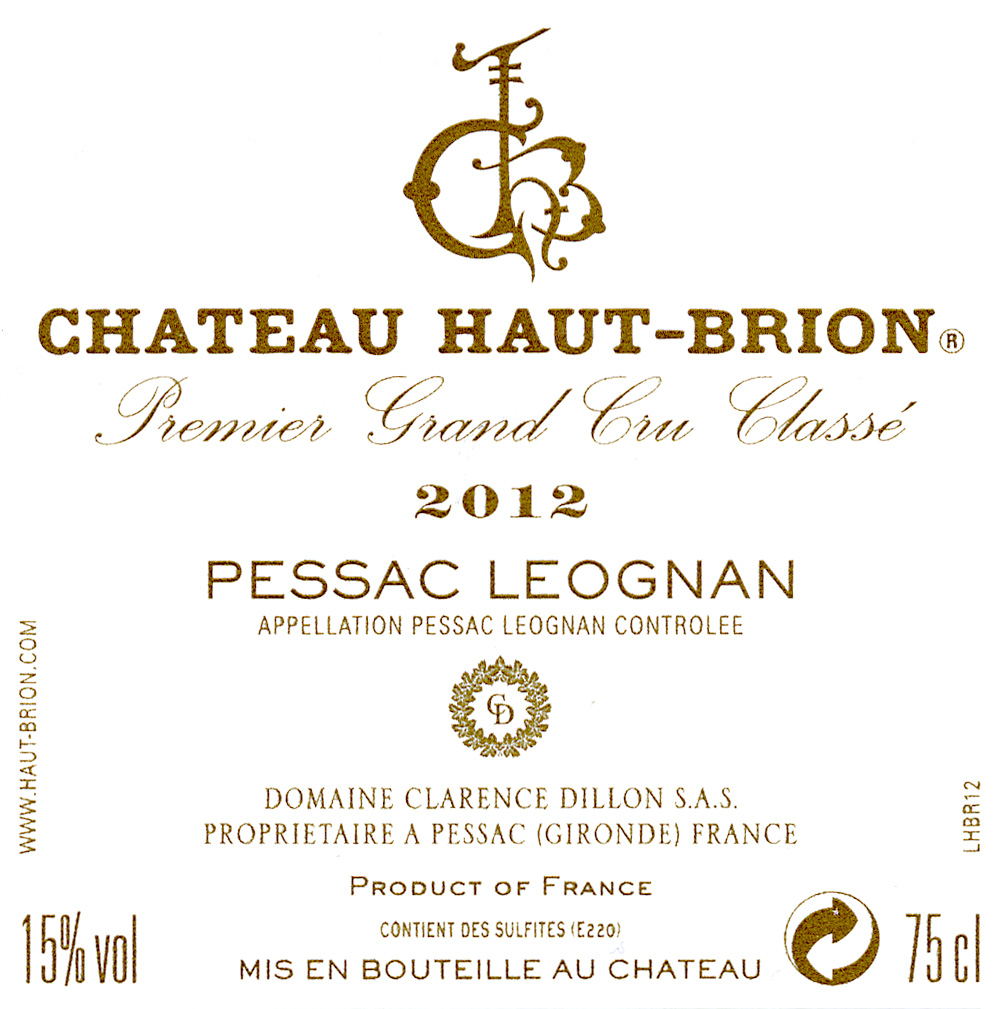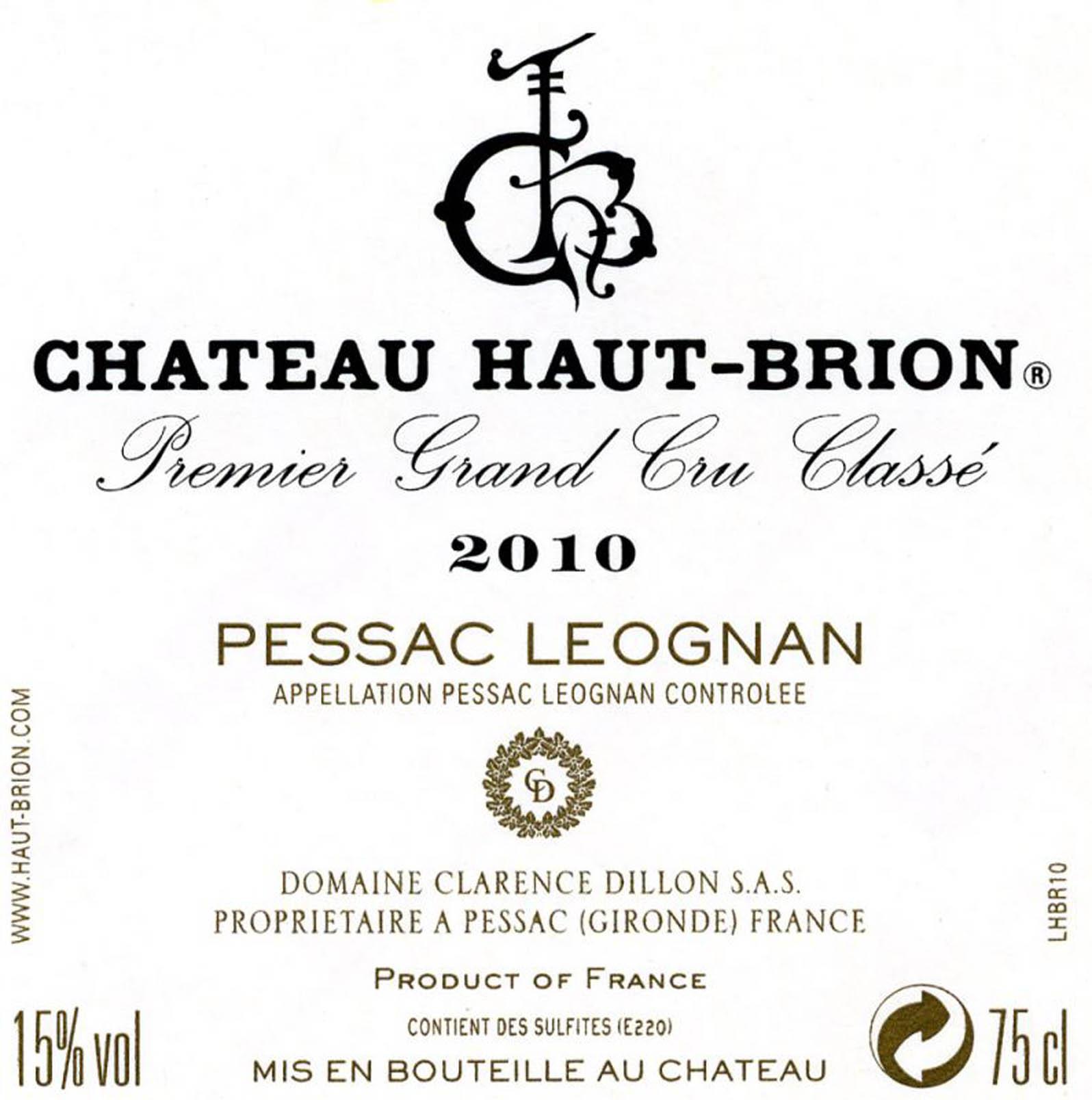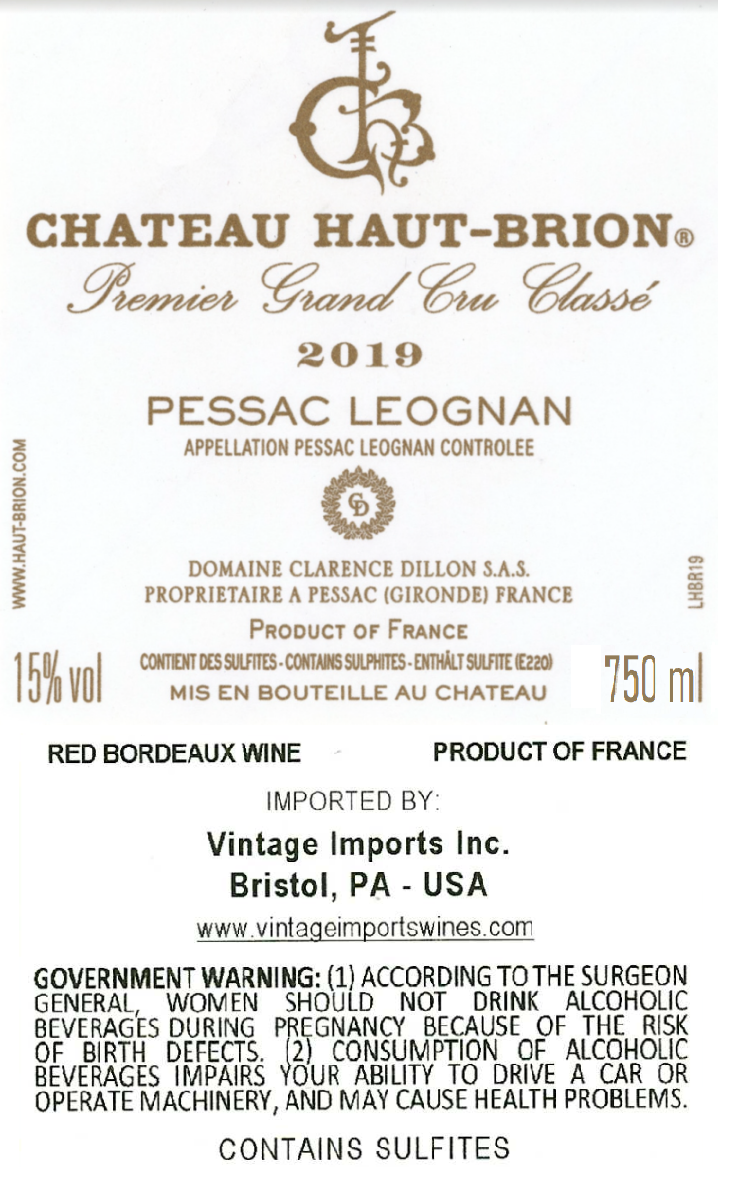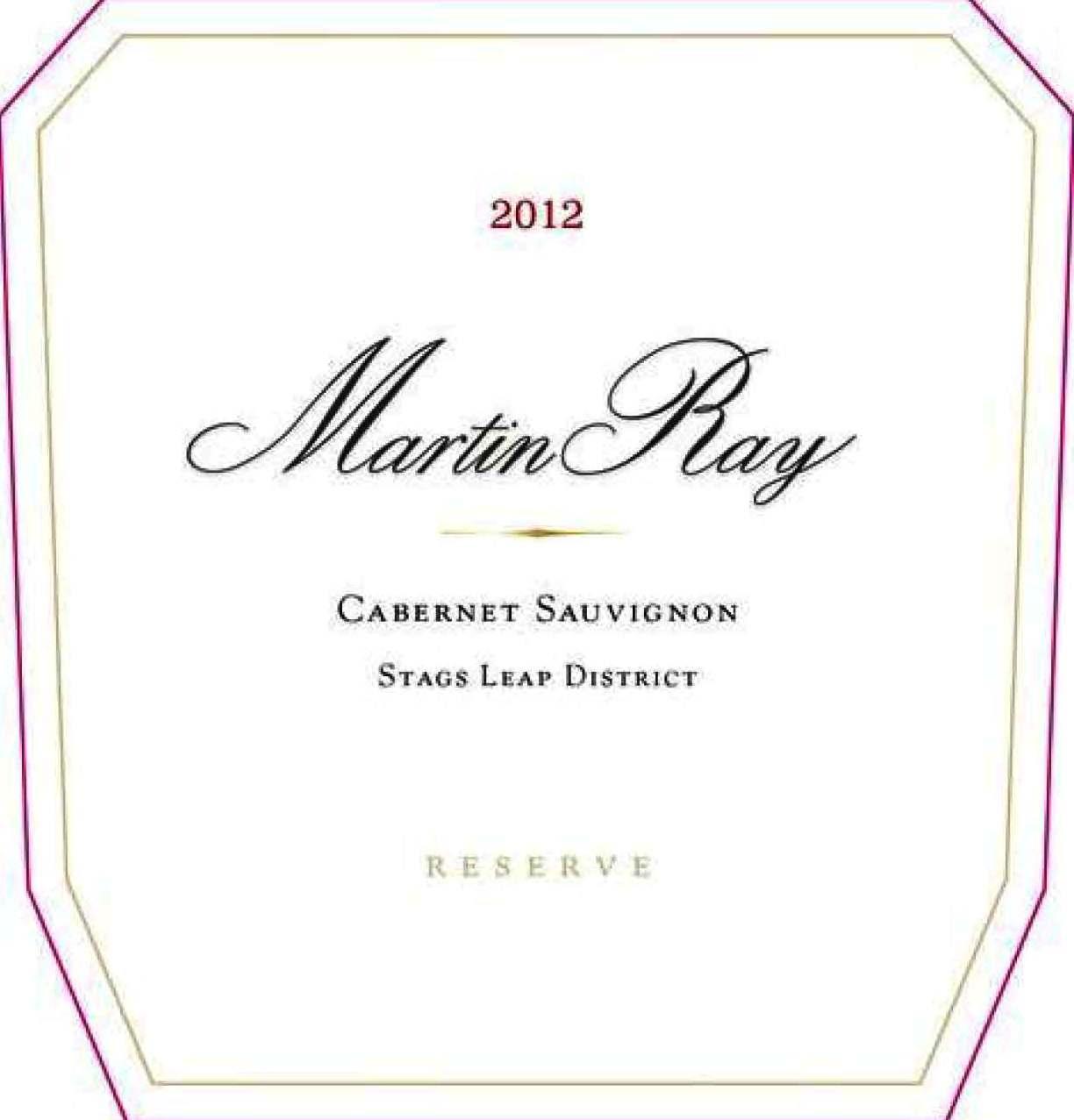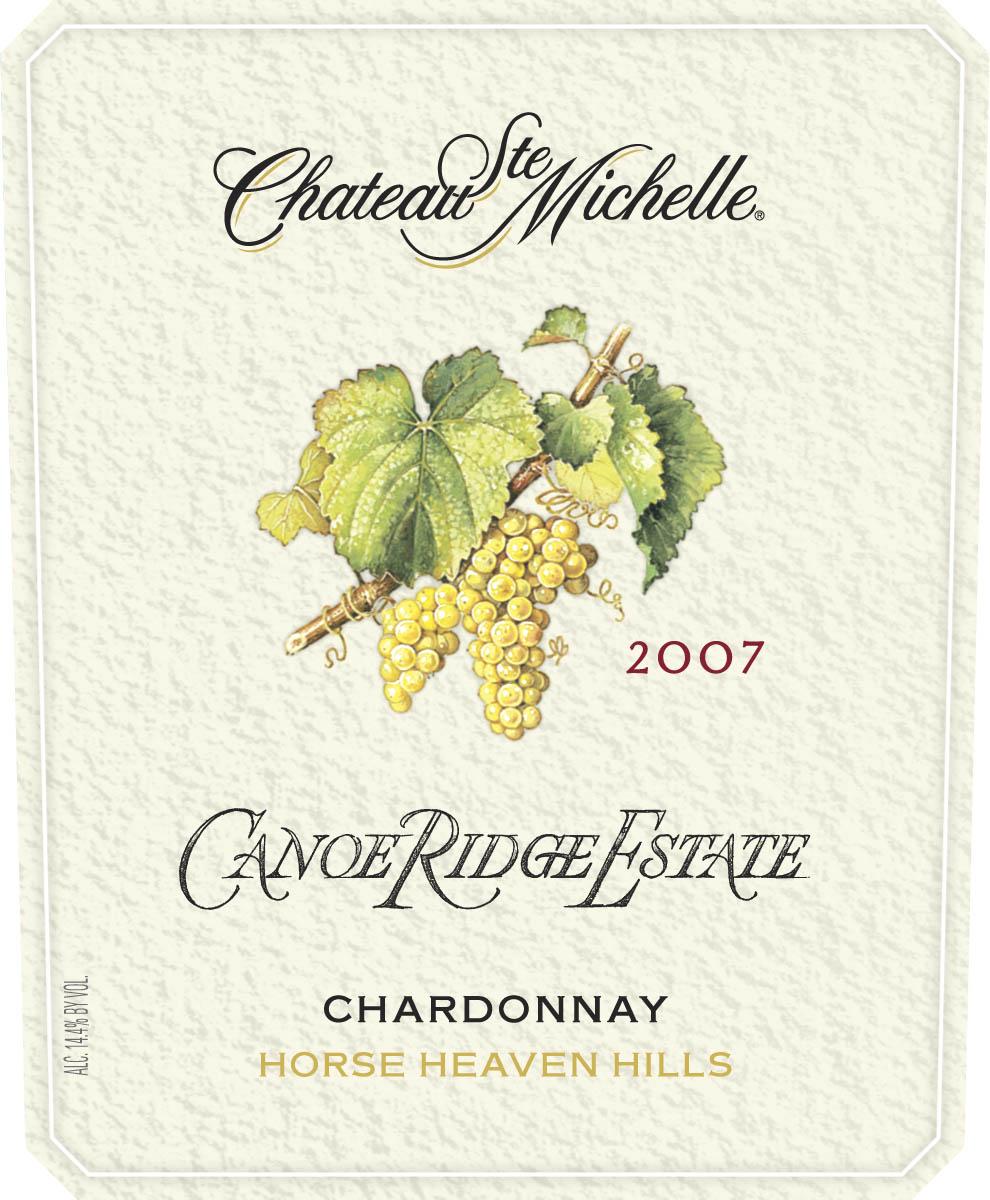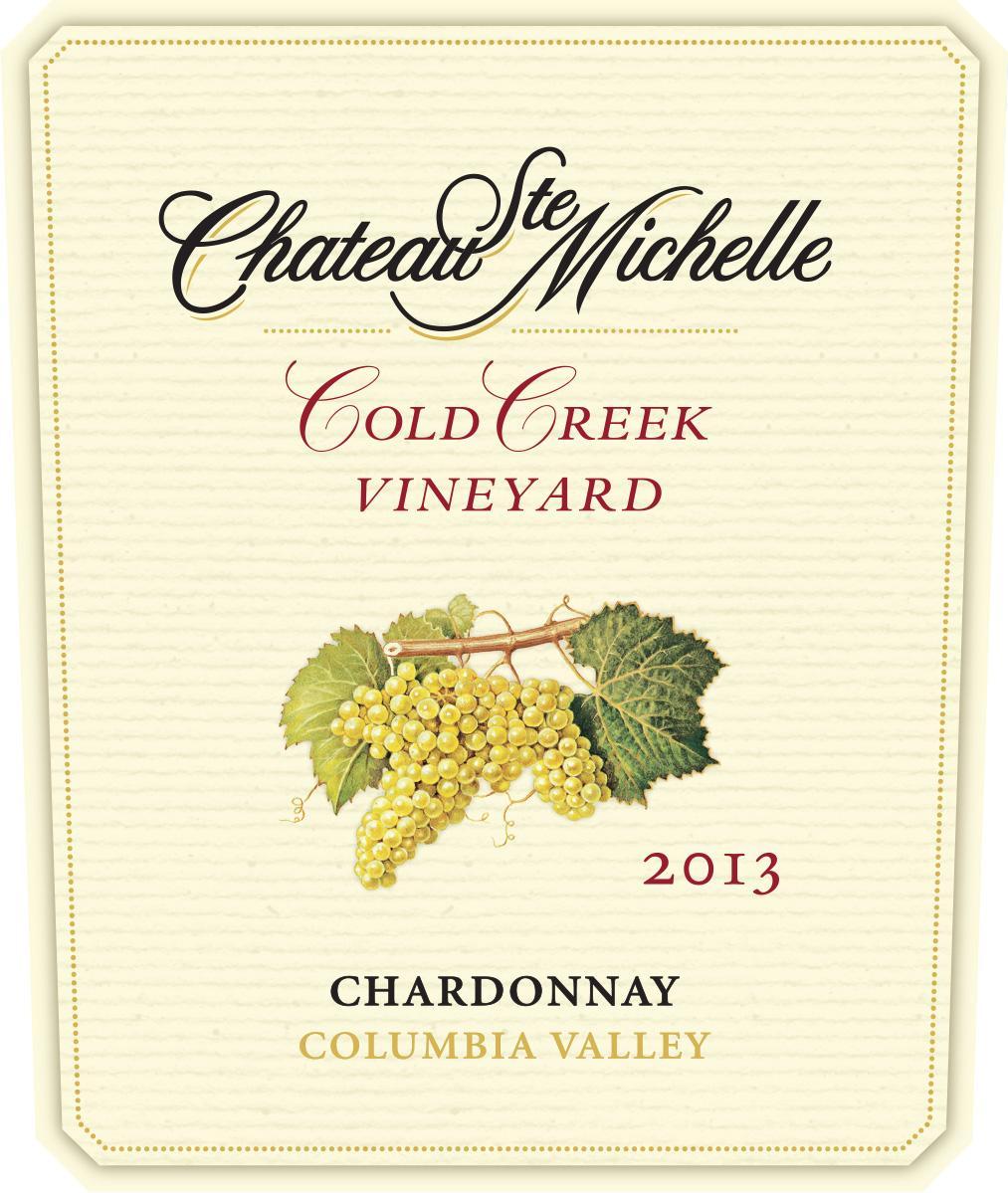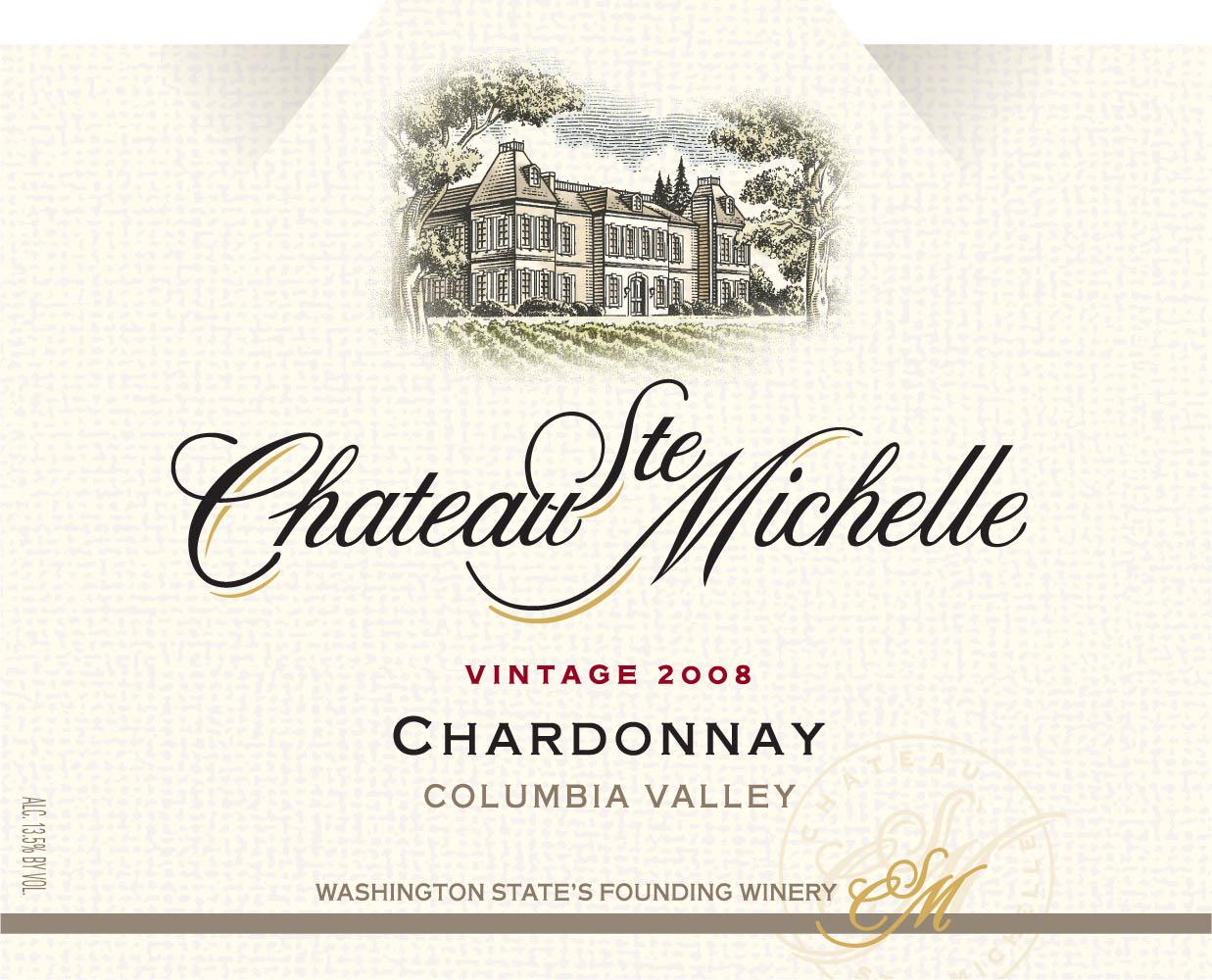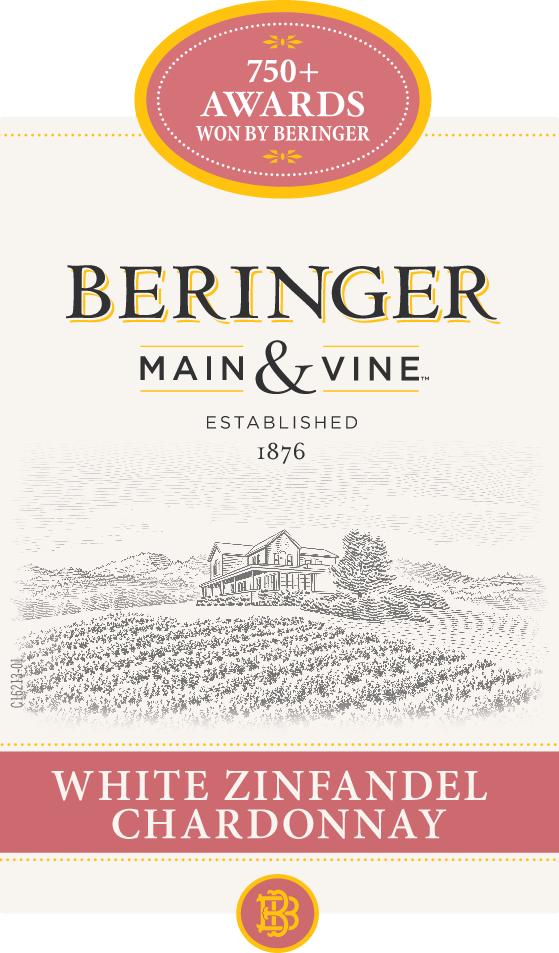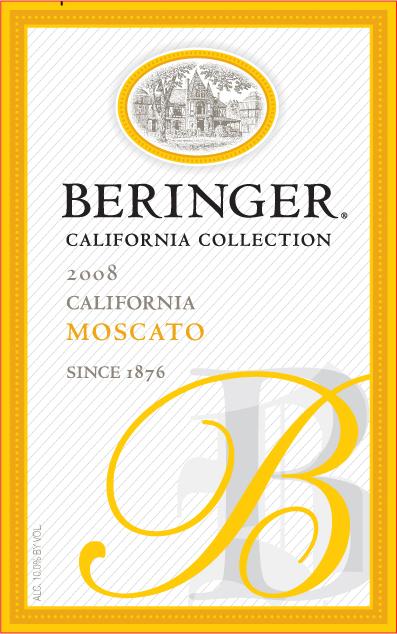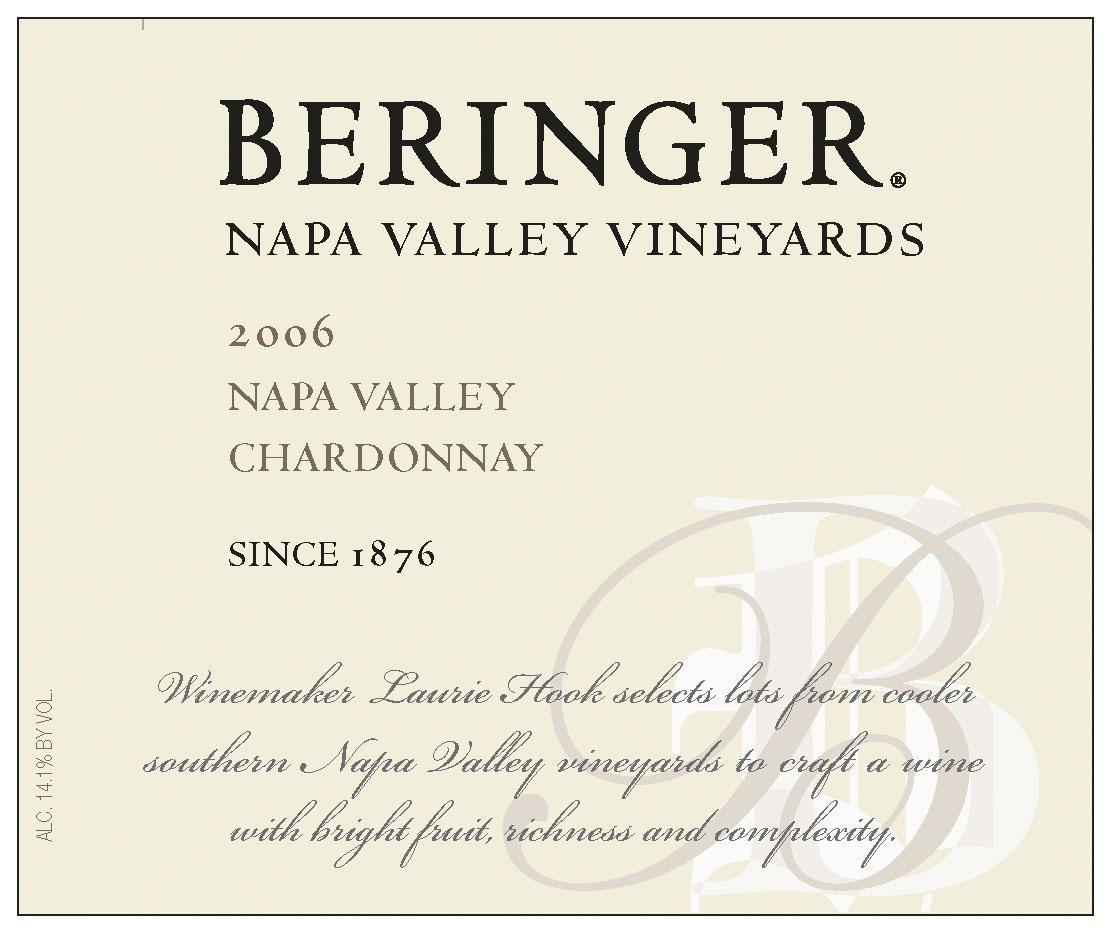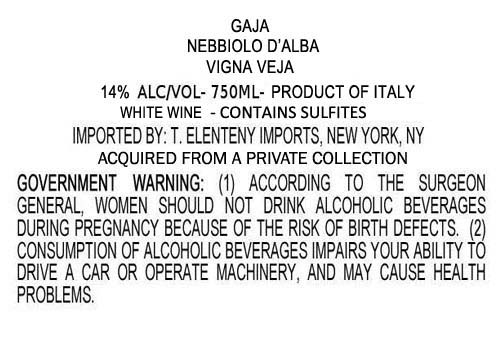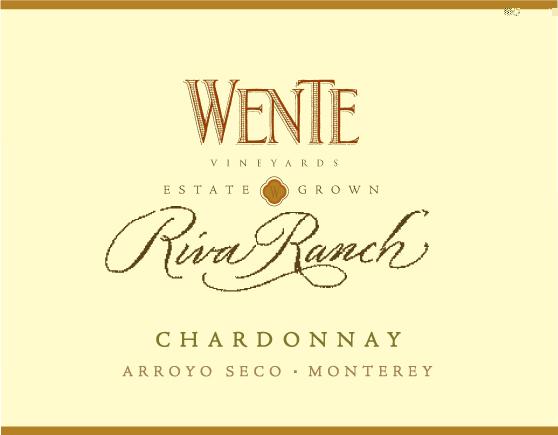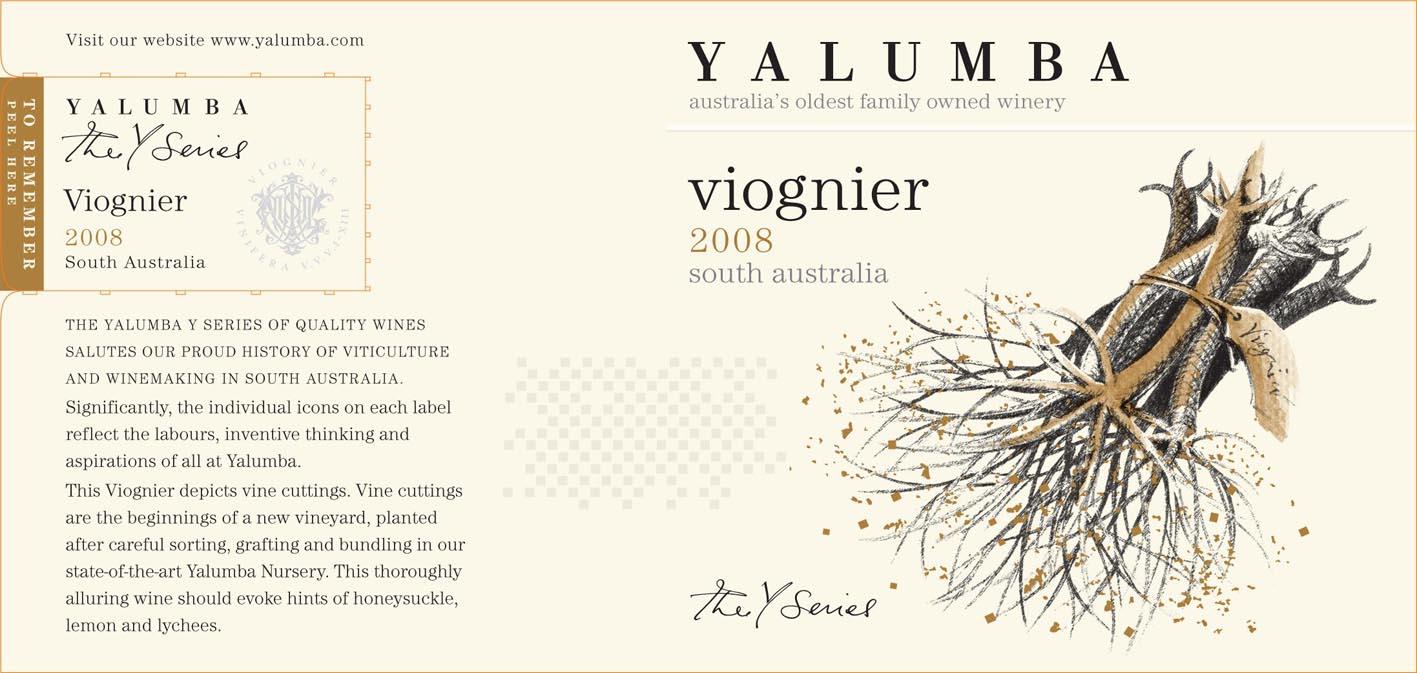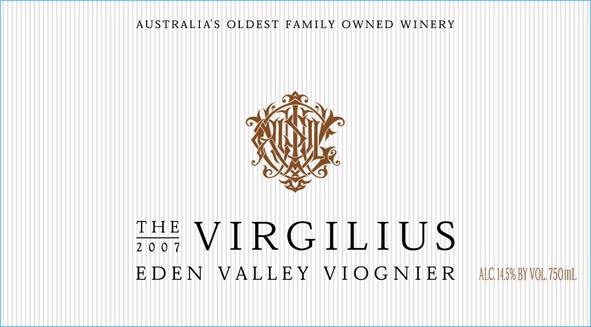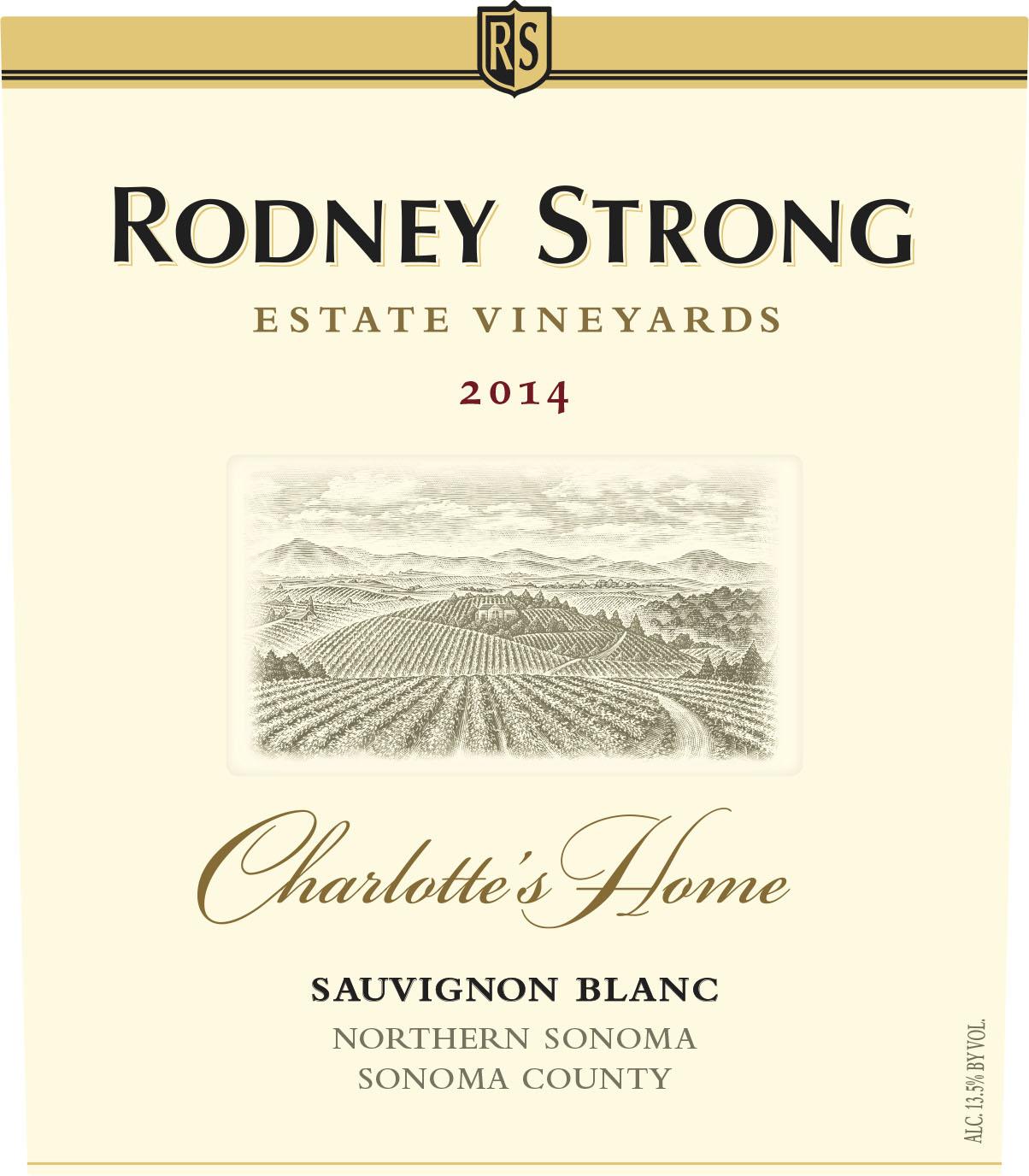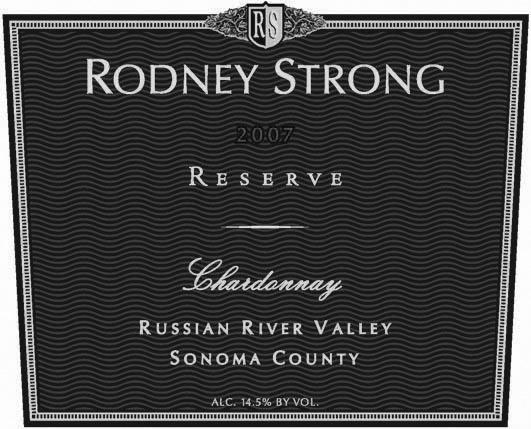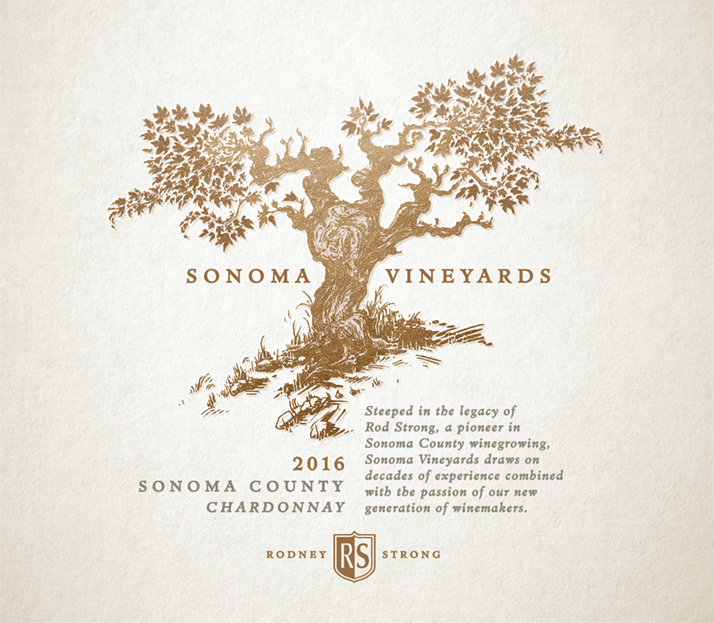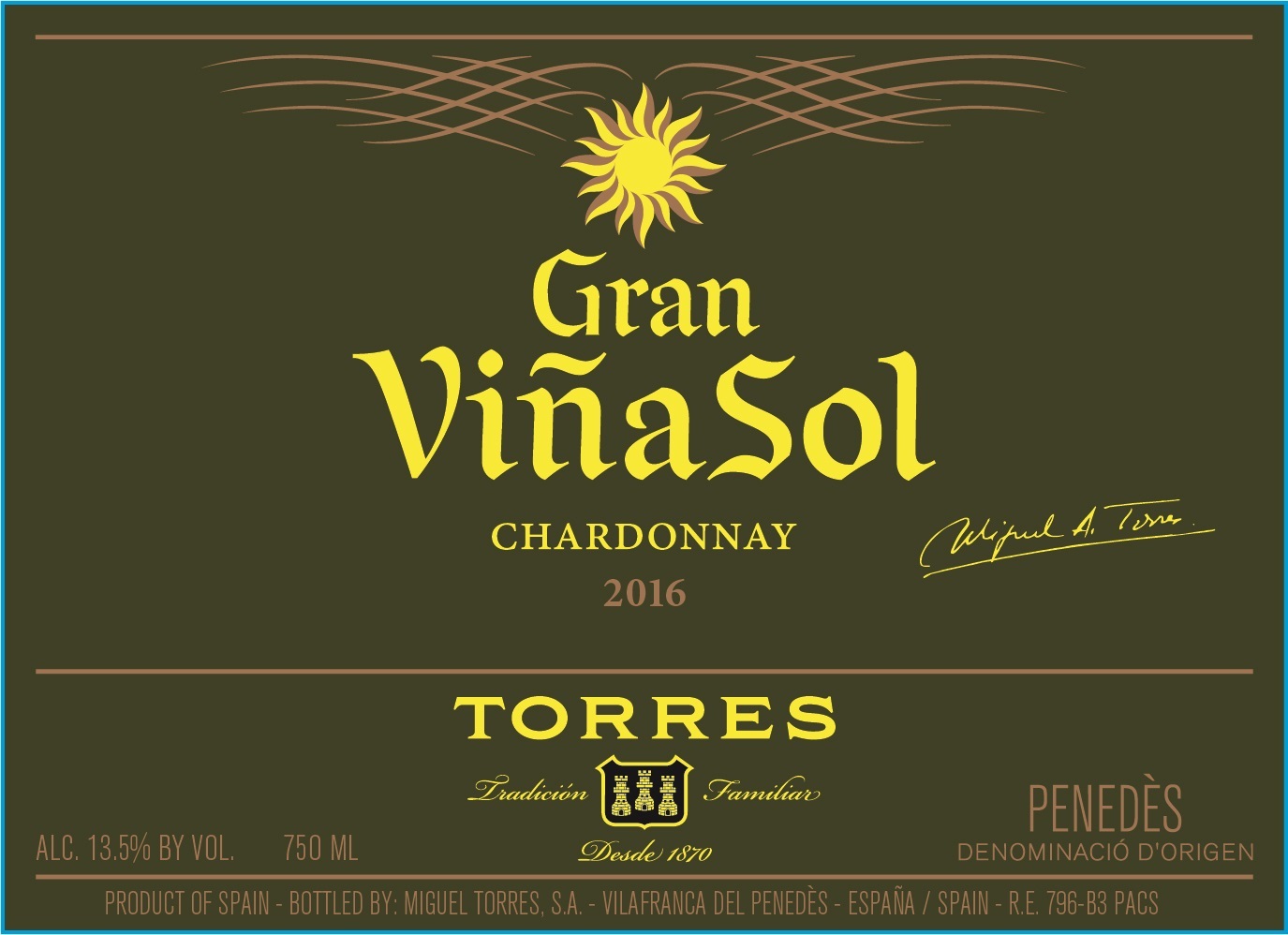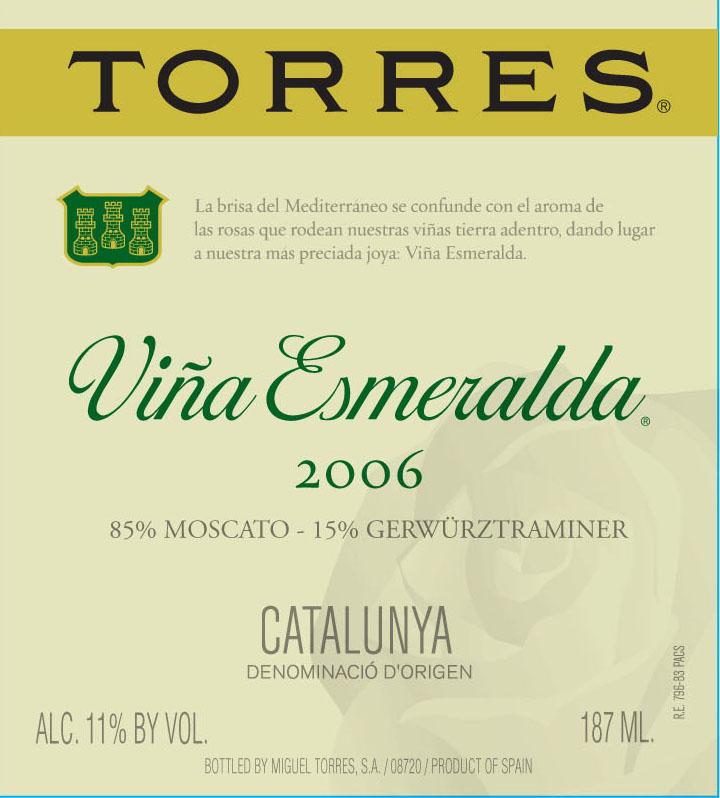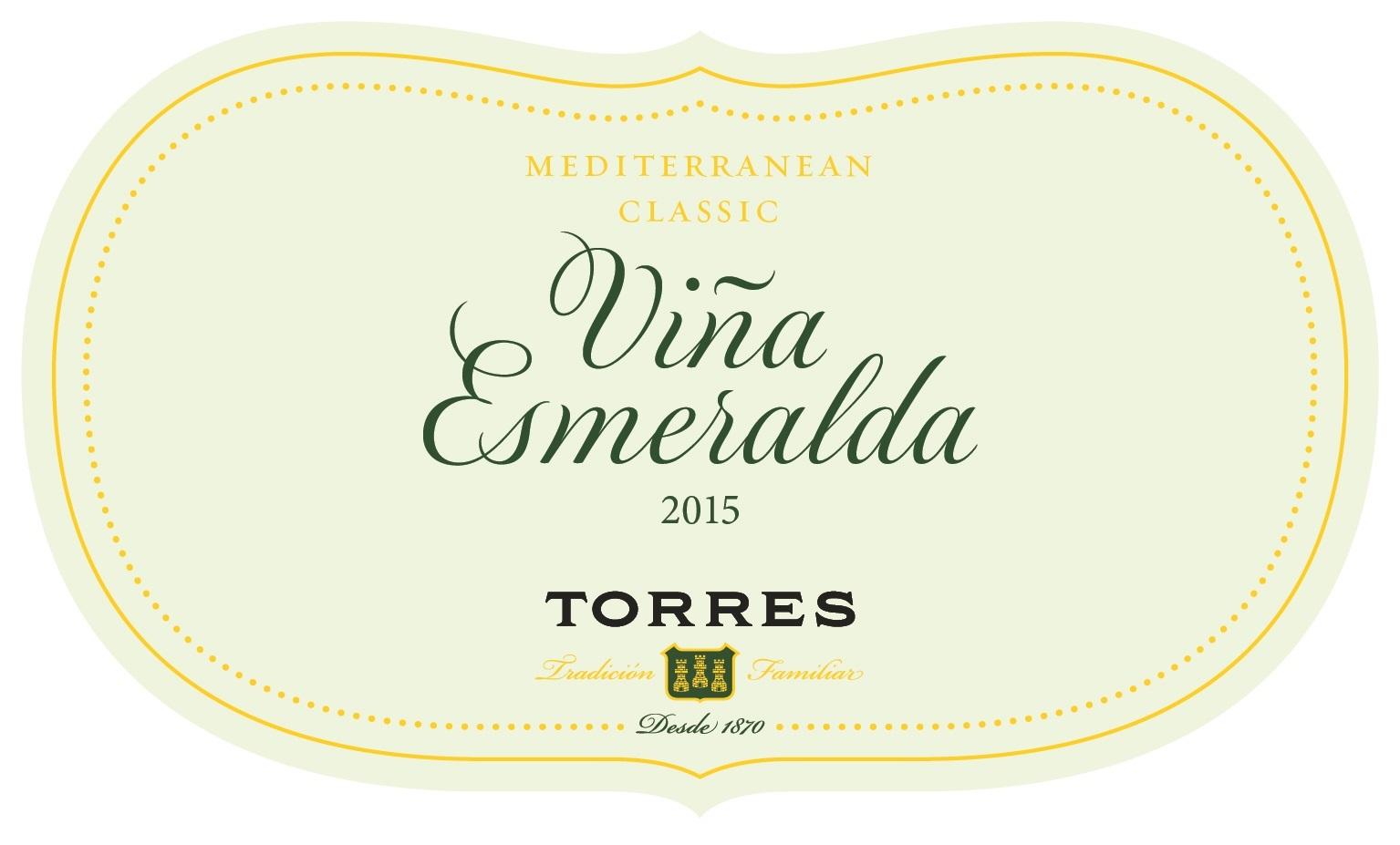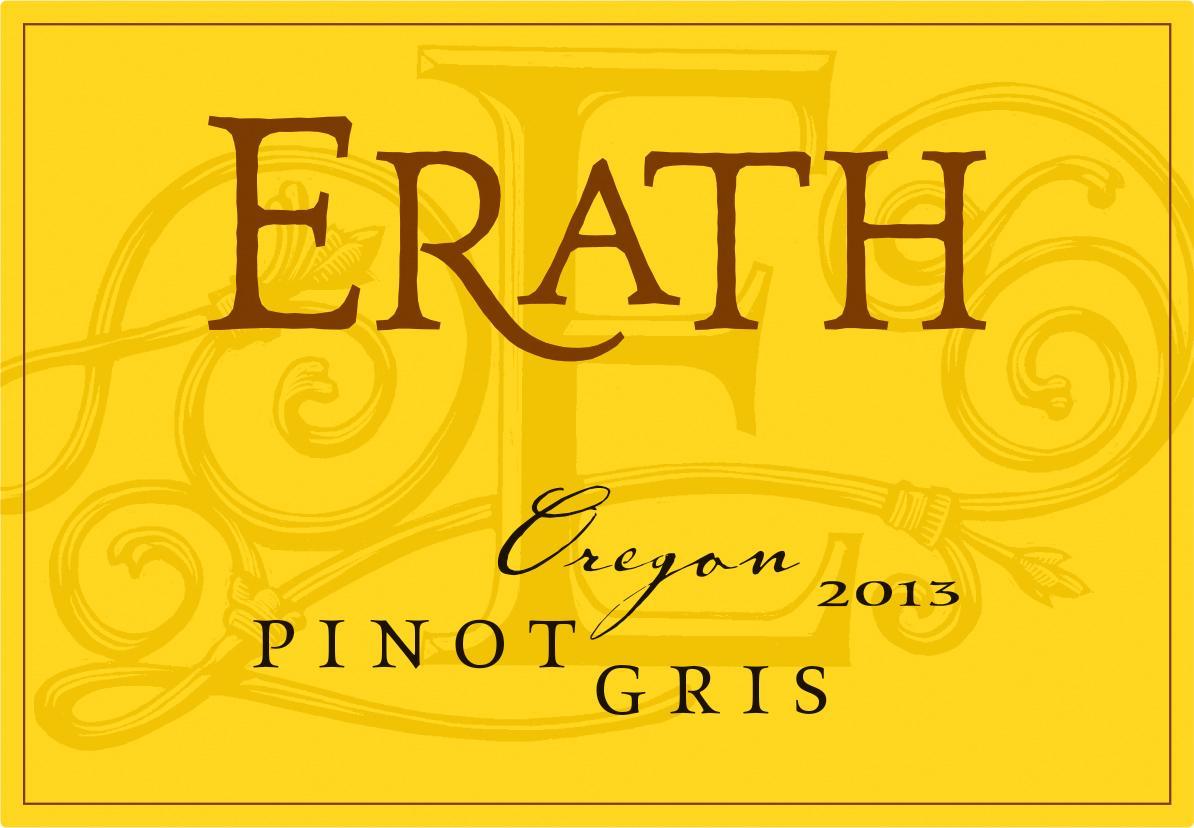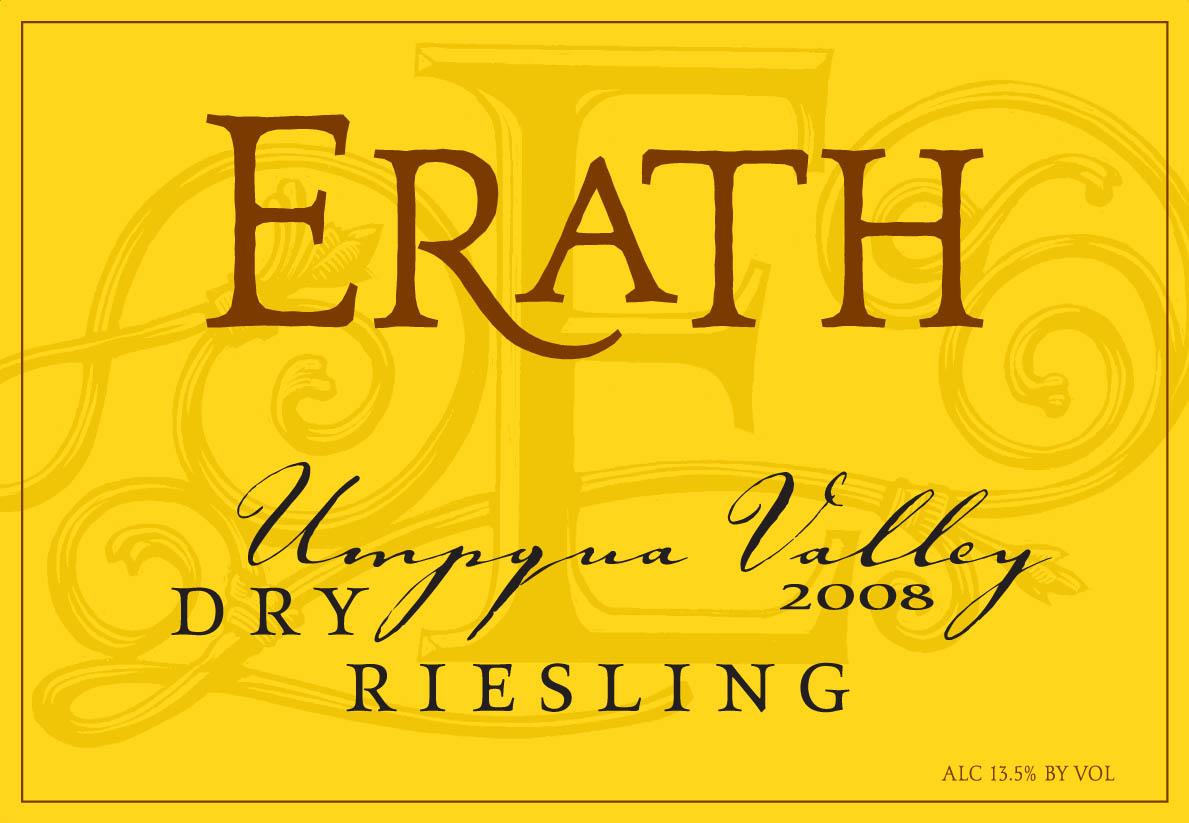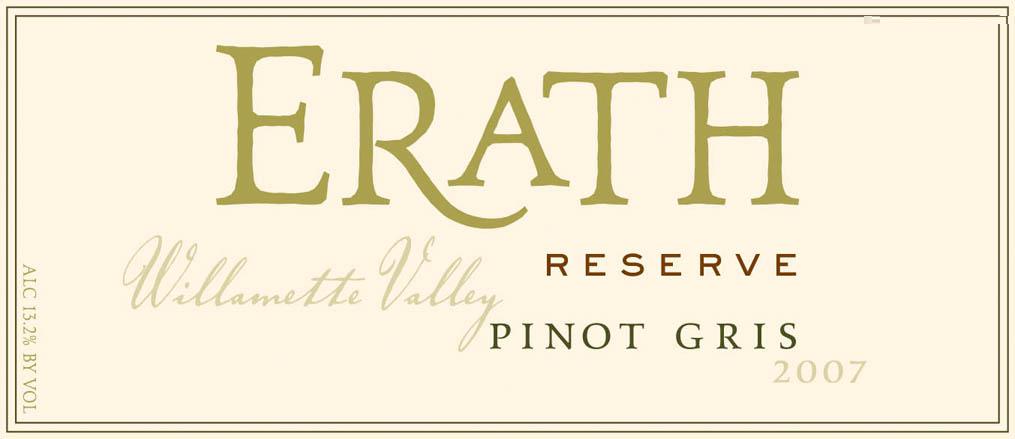Terroir of Bouches-du-Rhône
The terroir and climate of Bouches-du-Rhône are typically Mediterranean, with hot, dry summers and mild winters. The region enjoys over 2,500 hours of sunshine each year, making it ideal for grape growing. The cold mistral wind helps reduce humidity and disease risk, while coastal areas like Cassis benefit from cooling sea breezes. These conditions allow grapes to ripen fully while keeping their natural acidity and vibrant aromas.
The region's soils are diverse, from chalky marl and limestone near the coast to molasse and red clays inland. Vineyards thrive on slopes and alluvial fans with mixed pebbles, ensuring excellent drainage. This variety creates unique micro-terroirs, each giving distinct characteristics to the wines. Whether it's the bright, saline whites of Cassis or the concentrated reds from Les Baux de Provence, Bouches-du-Rhône offers a wealth of wine styles rooted in its exceptional terroir.
Notable Wineries in Bouches-du-Rhône
The Bouches-du-Rhône region in southern Provence boasts an array of notable wineries, each with its own unique charm and commitment to quality.
Among these, Château Simone in Palette AOC stands out for its age-worthy reds and whites, crafted from old vines using traditional methods.
In the Coteaux d’Aix-en-Provence area, Château La Coste blends wine, art, and architecture at its organic estate, attracting visitors worldwide.
Meanwhile, Domaine du Paternel in Cassis AOC offers mineral-driven whites and exceptional rosés, reflecting its seaside influence.
Lastly, Château Romanin in Les Baux de Provence AOC is dedicated to eco-friendly farming, producing vibrant blends shaped by the region's limestone soils and mistral winds.
These wineries exemplify the distinctive terroir and innovative spirit of Bouches-du-Rhône.
Sustainable Winemaking in Bouches-du-Rhône
Bouches-du-Rhône in southern Provence is making strides in sustainable winemaking, embracing practices that align with its Mediterranean climate. The region's warm, dry weather reduces disease, supporting organic and biodynamic methods, along with certifications like HVE and Terra Vitis. Vineyards utilize cover crops to boost biodiversity, opting for organic soil treatments and mechanical weeding.
Water management is crucial, with drip irrigation employed when necessary. Increasing reliance on renewable energy further minimizes environmental impact. In the cellar, many producers use temperature-controlled fermentations and gravity-flow setups, preferring native yeasts and low sulfur to highlight the terroir. Packaging innovations, such as lighter bottles and recycled materials, help reduce the carbon footprint.
These sustainable practices not only preserve the natural beauty of Bouches-du-Rhône but also ensure that its wines continue to reflect the unique terroir and traditions of the region.
Wine Tourism in Bouches-du-Rhône
Bouches-du-Rhône offers a captivating wine tourism experience with its stunning Mediterranean landscapes and proximity to cultural hubs like Marseille. The region features diverse activities, from seaside wine tastings in Cassis to exploring the artistic winery trails near Aix-en-Provence. Visitors can enjoy unique experiences like cellar tours in ancient quarries, wine blending workshops, and food pairings that showcase local Provençal cuisine.
-
Cassis: Combine seaside adventures with wine tastings on ocean-view terraces.
-
Aix-en-Provence: Discover winery trails with art exhibits and farm-to-table dining.
-
Les Baux-de-Provence: Enjoy vineyard vistas, olive grove biking, and medieval village exploration.
Accommodations range from luxurious estates to cozy B&Bs, ensuring a welcoming stay. This region promises a genuine Provençal experience, blending wine, culture, and hospitality.



